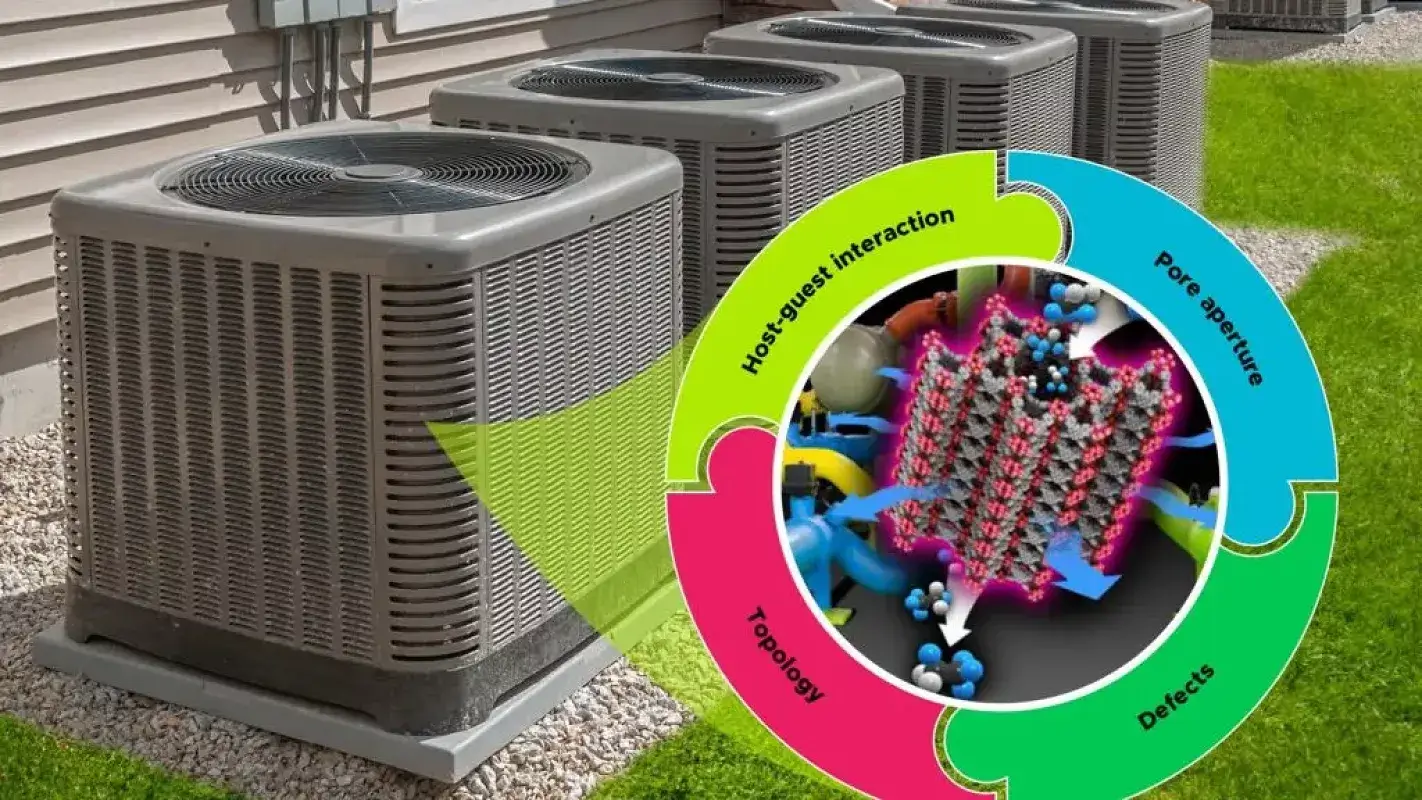Today's environmental enthusiasts insist greatly on sustainability and using environmentally friendly solutions. This move has seen many change their fuel use and start practicing recycling and safe disposal. Scientists have also joined the movement by developing greener air conditioning. A lab in Washington, DC, has improved AC units by creating a new model that consumes less energy. They achieved this by removing this by using sorbent technology, which eliminates the use of the compressor.
According to research, the compressor consumes a lot of energy in AC units. The high intake makes AC units consume about six percent of the total energy used in the US. If you convert this into money, you will discover that Americans use approximately $29 billion annually to run their air conditioning. This made the Pacific North West National Library scientists implement a new technique to keep cool while conserving energy.
The compressor is the noisiest part of your AC and usually consumes about 85% of the total power absorbed into your unit. It is the system's core; thus, no unit runs without it. Unfortunately, it is also the most expensive part. According to the experts, it is possible to eliminate this noisy energy hog using the sorbent chemical process. Dr. Radha Motkuri, one of the chemists in the lab, said that they have been working on this project since 2010.
The technology uses some metals in their organic nature called metal-organic frameworks (MOFs). In their organic state, they look like a hundred-floor building. However, when you look at a spec, it looks like a building that has a thousand floors. This amazing nano-technology works seamlessly even without a pump since the metals can operate independently. These structures work by sucking the refrigerant through the cooling system and transporting it as required. The process operates and runs automatically, thus removing the use of a pump.
Essentially, every other mechanical part of the air conditioning unit will function as it used to. One can also use the various heat sources the ACs typically use, and the sorbents will perform optimally. Since the lab has already tested the innovation and proved its function, it leaves the implementation work to the heating and cooling industry to determine whether it will adopt the technology and expand its production. Manufacturers will have to determine the production costs and whether they can sustain the innovation in the long run.
The benefits of this new cooling system are that it is self-sustaining and eco-friendly. The sorbents will ensure AC units have a longer lifespan, thus saving Americans they spend on AC repairs and replacements. The ever-increasing global temperatures are causing many to spend more money to ensure their homes and buildings remain cool. However, the flip side of this is releasing more CO2 into the environment. With such an innovation, we can enjoy cooling at cheaper costs while conserving the environment.
